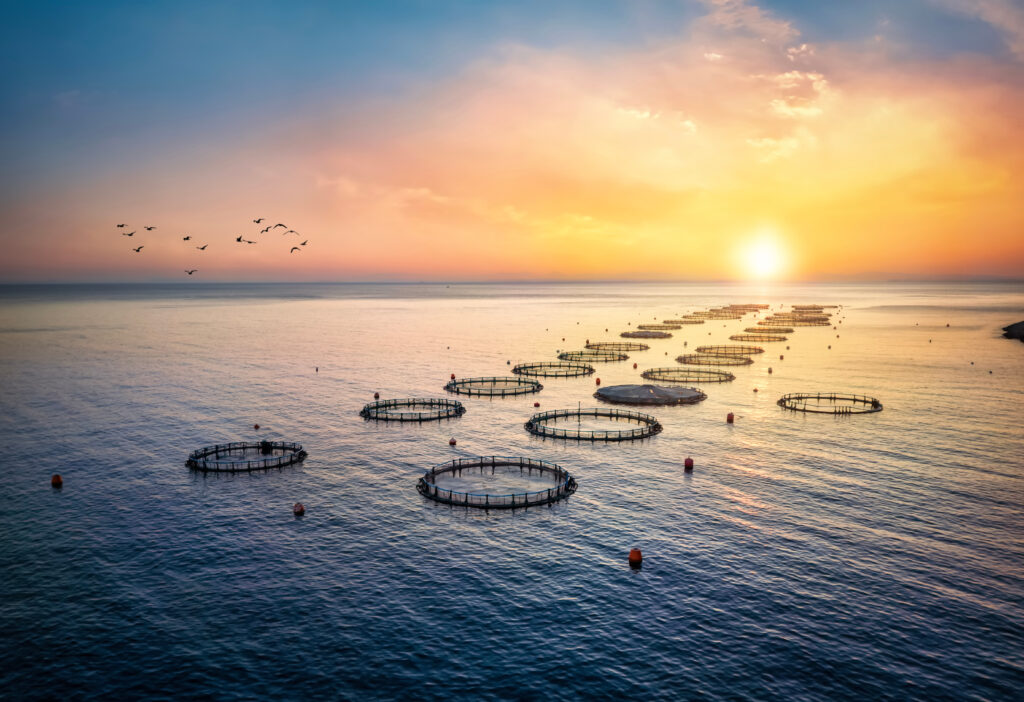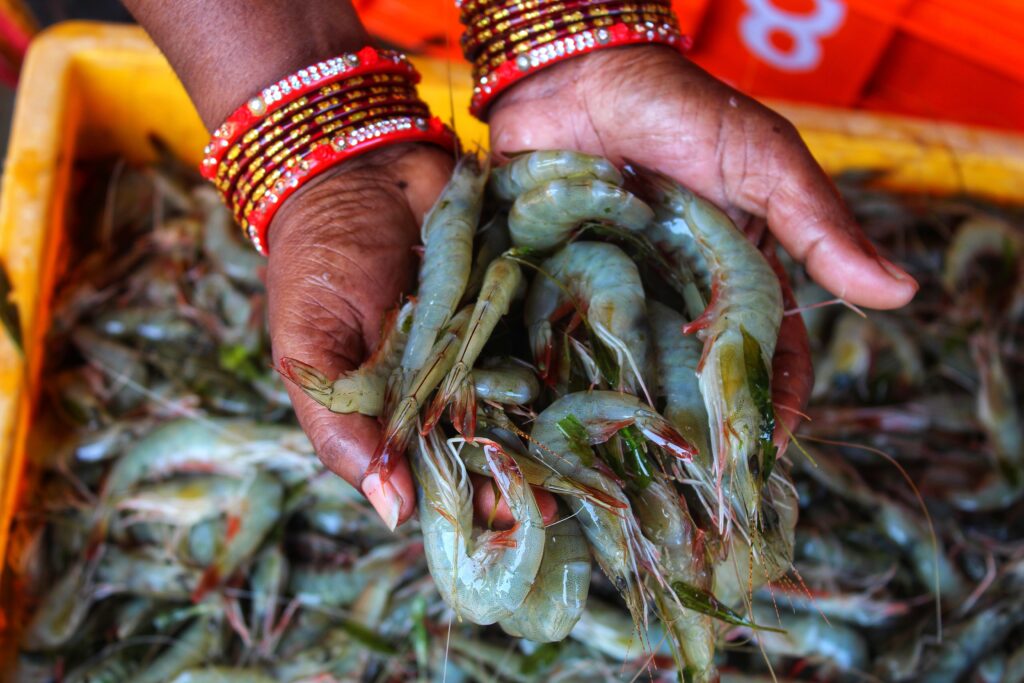ASC Farm Standard consultation reaches final round

The Aquaculture Stewardship Council (ASC) is launching the last round of stakeholder consultation to help finalise the content of its new Farm Standard.
Stakeholders are encouraged to take part before the consultation closes on Monday 20 May. The new standard tightens up requirements across a range of areas from greenhouse gas emissions and human rights issues to fish welfare.
Chris Ninnes, ASC CEO, commented: “This new Standard will draw together years of experience, research and input from a range of ASC stakeholders spanning many backgrounds. It is a milestone development not only for ASC certification, but also for responsibly produced farmed seafood worldwide. We are proud to be setting the standard for seafood.”
The new Farm Standard will align all of ASC’s species-specific standards into a single global, robust standard – bringing greater consistency to the ASC programme and supporting the highest assurance throughout the supply chain.
It also addresses all relevant environmental and human rights impacts of aquaculture, regardless of production system or location of the farm.
It includes enhancements to existing requirements along with new requirements in key areas to address environmental and social impacts of aquaculture. The Standard also enables ASC to act on market demand for new species and add new production systems to the programme more efficiently.
Michiel Fransen, ASC Director of Standards and Science said: “We encourage all stakeholders to actively participate in this last round of consultation. Whether you’re a producer, a retailer, an academic, an NGO or anyone else who is interested in what we are doing, we want to hear from you! This will help make sure that the ASC Farm Standard reflects your expectations, expertise and experiences.”
Stakeholder inclusion and participation is key to ensure that ASC continues to set the standard for seafood. To inform future direction more broadly, stakeholders will also be able to give their feedback in the consultation on where they believe ASC is doing well and where improvements can be made.

Chris Ninnes, ASC
Four Principles
The content of the ASC Farm Standard is divided across four Principles – now including a newly-created fourth Principle that covers Fish Health and Welfare as part of ASC’s new approach to address key areas of market concern.
Principle 1- Farm Management
This principle covers legal and effective business operations. New criteria include management systems and business ethics requirements, and existing criteria around traceability and disclosure requirements will be improved. Overall, the principle will help to reinforce domestic laws and regulations to maintain a culture that prevents corruption and bribery, tackling food fraud and leading to improved traceability and product integrity throughout the supply chain.
Principle 2- Environmental Responsibility
This principle focuses on farming practices to reduce harm to biodiversity and the ecosystem surrounding the farm. New criteria include water quality, energy use and greenhouse gas (GHG) emissions, with improvements to existing feed, hatcheries and intermediate sites, environmental risk and benthic impact requirements. The inclusion in the Standard of key areas of concern for consumers and NGOs, such as GHG emissions and impacts from early stages of the life cycle, will help to mitigate potential supply chain risks for retailers. The principle will also support greater consistency of data reporting.
Principle 3- Social Responsibility
The social requirements in Principle 3 cover the broadest range of human rights issues of any aquaculture certification programme.
New criteria include requirements to ensure farm employees’ awareness of human rights, and improvements to existing forced and child labour, health and safety, discrimination and grievance mechanism requirements. To support the implementation of the Farm Standard, ASC is working on a wider project on worker voice and community engagement. Together, these developments will support improved working conditions – leading to a more engaged and effective workforce, with reduced absences and better staff retention on-farm.
Principle 4- Fish Health and Welfare
This Principle includes new criteria on handling, stunning and slaughter requirements and new eyestalk ablation restrictions for shrimp producers. Antibiotic usage restrictions for all producers will help drive ASC’s long-term approach to reducing antibiotic use in line with WHO’s “One Health” recommended approach for reducing dependence on antibiotics.
Maria Filipa Castanheira, ASC Standards Coordinator for Fish Welfare, said: “We believe that these focused, clear requirements on animal health and welfare will support producers to transparently demonstrate their responsible practices to their supply chain. The welfare indicators, handling and slaughter requirements in particular will contribute to lower animal stress levels and better welfare, which will ultimately contribute to better product quality, higher survival rates and reduced expenditure on disease prevention.”
Next steps
This final round of consultation, the ASC says, will be used to evaluate an appropriate transition framework for farms, which will be at least 24 months. ASC will confirm the transition period for farms in September 2025. Following approval, the new Farm Standard will become operational in early 2025.


